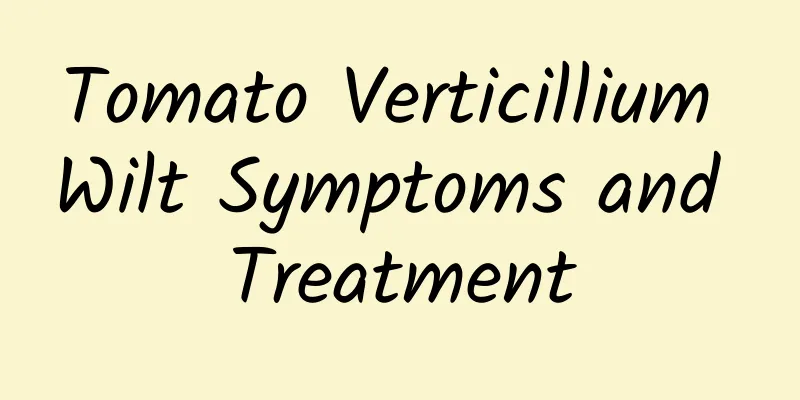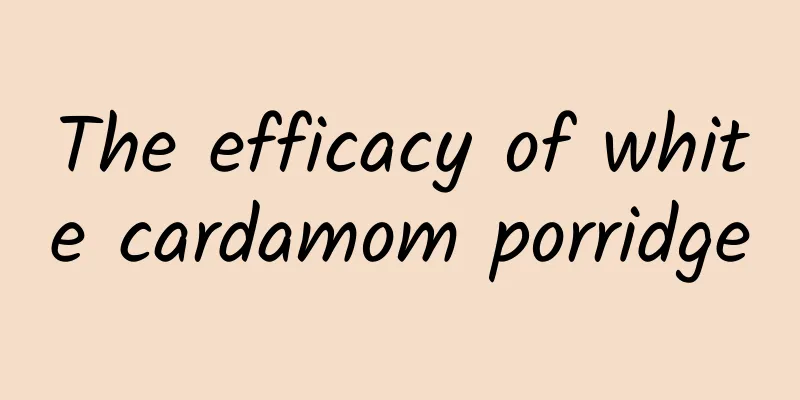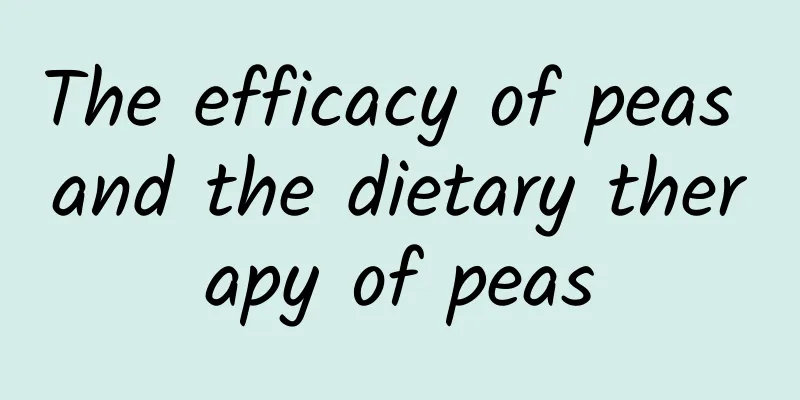Tomato Verticillium Wilt Symptoms and Treatment

|
Here are some of the pathogens, symptoms and prevention methods of tomato wilt: Tomato Verticillium Wilt PathogenVerticillium dahliae Tomato Verticillium Wilt SymptomsIt usually occurs in the middle and late stages of tomato growth. Initially, the lower leaves wilt and curl upward, and the mesophyll tissue between the leaf margins and veins turns yellow-brown. The upper young leaves turn yellow with the small veins as the center, forming obvious wedge-shaped yellow spots, which gradually expand to the entire leaf. Finally, the diseased leaves turn brown and die, but the green color of the petiole can still be maintained for a long time. Severe cases will produce small or no fruits. When the stem of the diseased plant is cut open, the duct turns brown, but not as long as the duct of the wilt diseased plant that extends upward. The duct discoloration at the root is obvious. Disease patternThe pathogen survives in the soil in the early stage as mycelium and microsclerotia with diseased residues, and is the main source of infection. Although seeds may also carry the bacteria, their role in the infection cycle of the disease is not obvious. The most suitable time for the disease to occur is when the soil temperature is between 21 and 26 degrees Celsius, the humidity is slightly high, and the pH is neutral. Soil temperatures above 30 degrees Celsius have an inhibitory effect on the development of the pathogen. Tomato Verticillium Wilt Prevention and Control Methods① Agricultural measures: Grafting to prevent diseases. Japan uses KNVF, disease-resistant Xinjiao No. 1, and Black Gold as disease-resistant rootstocks to cultivate grafted seedlings, which can reduce damage. Rotation of diseased fields with non-Solanaceae crops for 4 years, rotation with onion and garlic vegetables or with grain crops is effective, and rotation with rice for one year is effective. ② Soil treatment is carried out in the high temperature season in summer. Solar energy can be used for high temperature soil disinfection. The specific method is to cut rice straw into about 10 cm long, spread 1,000 kg per 667 square meters, and then apply 70 kg of quicklime or 750 kg of horse manure to mix with cultivated land, make ridges and small furrows, fill them with water, and cover them with mulch. Finally, close the greenhouse to increase the soil temperature and keep the temperature above 45°C 20 cm underground for 20 days. This method can also kill other pathogens and pests in the soil. ③ For chemical control, spray 50% carbendazim wettable powder or 600-700 times diluted 70% thiophanate-methyl wettable powder during the seedling stage or before transplanting. In the early stage of the disease, use 500 times diluted 50% carbendazim wettable powder or 600 times diluted 70% thiophanate-methyl wettable powder for root irrigation, 250 ml of solution per plant, irrigate once every 5 days, and irrigate twice in a row. |
<<: How to fertilize tomatoes?
>>: Prevention and Control of Tomato Mildew
Recommend
The efficacy and function of Phlox
Do you know what phlox is? Phlox is a common orna...
How is Xsens? Xsens review and website information
What is Xsens? Xsens Technologies BV is a Dutch te...
What are the effects of heart leaf vine? The medicinal value of heart leaf vine
Heartleaf vine is a green foliage plant named aft...
Tomato whitening effect
Beauties who like to dress up, come and try the t...
How to make pickled eggplant
Today I will introduce to you several ways to pic...
What is Washington and Lee University like? Washington and Lee University reviews and website information
What is Washington and Lee University? Washington ...
What is Geoffrey Rush like? Geoffrey Rush review and website information
What is Geoffrey Rush? Geoffrey Rush is a famous A...
How is American Traveler luggage? American Traveler luggage reviews and website information
What is the American Tourister luggage website? Am...
How is the University of Mississippi? Reviews and website information of the University of Mississippi
What is the website of the University of Mississip...
How to ripen kiwi fruit?
Kiwi fruit, which we often eat, is one of the mos...
Nutritional value and efficacy of Houttuynia cordata
Houttuynia is a wild vegetable. It is a kind of w...
What is Castrol like? Castrol reviews and website information
What is Castrol's website? Castrol is a world-...
Nutritional value and efficacy of banana pear
Banana pear is also called Guifei pear or oil bot...
Can lunch help you lose weight? Common lunch recommendations for weight loss
When it comes to losing weight, many people have ...
How to clean clams and how to remove sand from clams
Clams are the most common seafood ingredients. Th...









